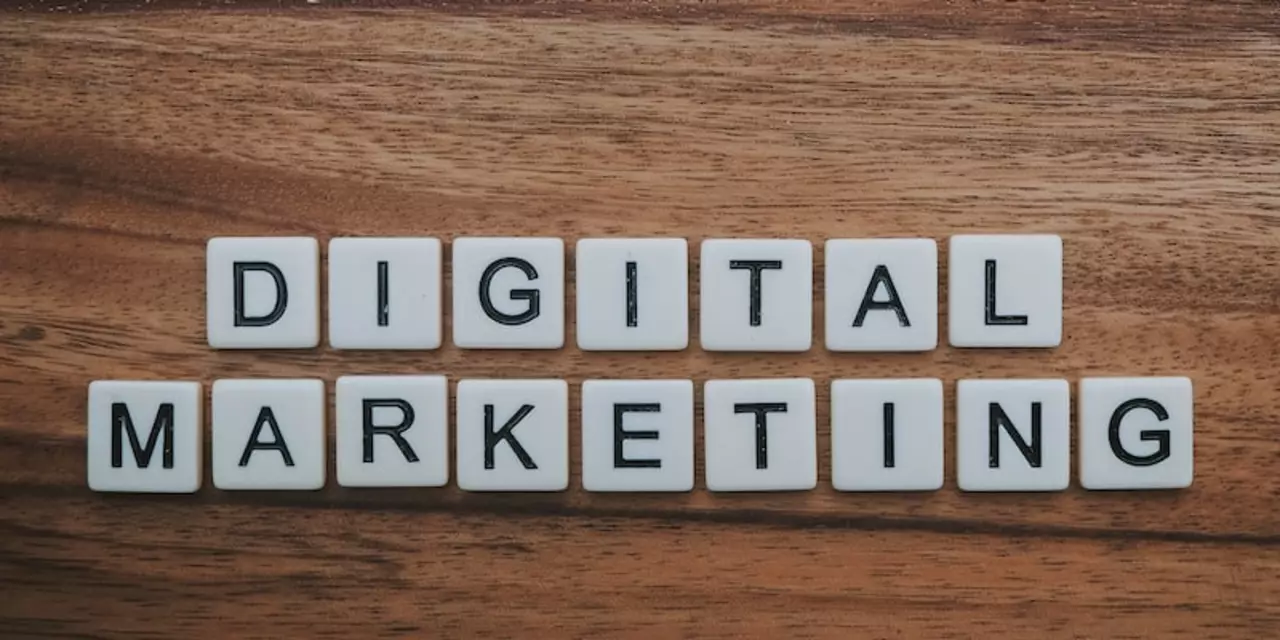Difficult Digital Marketing Topics Explained Simply
Ever felt like some digital marketing subjects are just plain hard to get? You’re not alone. From figuring out how much an agency should charge to understanding the newest marketing concepts, many of us hit a wall. The good news is you don’t need a PhD to grasp the basics. Below we pull apart the most confusing bits and give you straight‑forward answers you can use right now.
Why Some Topics Feel Tough
First off, the difficulty usually comes from jargon and a lack of real‑world examples. When a post talks about “integrated customer experience” or “conversion rate optimization” without showing how it works on a daily basis, it feels like a mystery. Also, digital marketing moves fast – what was true last year might be outdated today. That constant change makes it easy to feel lost.
Another reason is that many guides assume you already know the fundamentals. If you’re just starting out, jumping straight into agency pricing models or multi‑channel attribution will feel overwhelming. The key is to break each big idea into bite‑size pieces and see how they connect to a real campaign.
Breaking Down the Hardest Questions
How much should a digital marketing agency charge? Prices range widely. A freelance might start at $25 per hour, while a top‑tier agency can demand $250 per hour. Monthly retainers usually sit between $1,000 and $3,000, but they climb if the project is complex. Think of it like hiring a plumber – you pay more for a specialist who can fix a bigger problem.
What are the stages of a digital marketing agency? Most agencies follow a simple flow: research, strategy, setup, execution, optimization, and reporting. You start by learning who your audience is, then you plan how to reach them, build the campaigns, launch them, tweak for better results, and finally share the numbers.
What’s the latest concept in digital marketing? Today it’s all about delivering a personalized experience across every touchpoint. Instead of shouting the same message to everyone, you tailor content based on what each user likes, needs, and has done before. This creates stronger relationships and more sales.
Are Facebook Ads or Google Ads better for a startup? It depends on your goal. Facebook shines when you want to build awareness and target specific interests. Google Ads work best when you need quick conversions from people actively searching for what you offer. Many startups start with one, test, and then add the other if the budget allows.
Is digital marketing part of IT? Yes, but it’s more about using technology to talk to people. While IT builds the servers and tools, digital marketing decides what message goes out, how it’s measured, and how to improve it.
By looking at these examples, you can see that the “difficult” label often comes from not having a clear, step‑by‑step breakdown. Keep asking simple questions, find real examples, and remember that every expert started with the basics.
Ready to tackle the tough stuff? Grab one of these topics, apply the steps we outlined, and you’ll notice the confusion melting away. The next time you see a hard‑to‑understand term, break it down, test it on a small scale, and watch it become another tool in your digital toolbox.
Categories
- Cricket (5)
- Digital Marketing (3)
- Sports (2)
- Digital Marketing Strategies (1)
- Social Media Marketing (1)
- Digital Marketing Agency Resources (1)
- Digital Marketing and Advertising (1)
- Online Shopping & E-commerce (1)
- Technology and Digital Marketing (1)
- Entertainment (1)
Popular Articles



